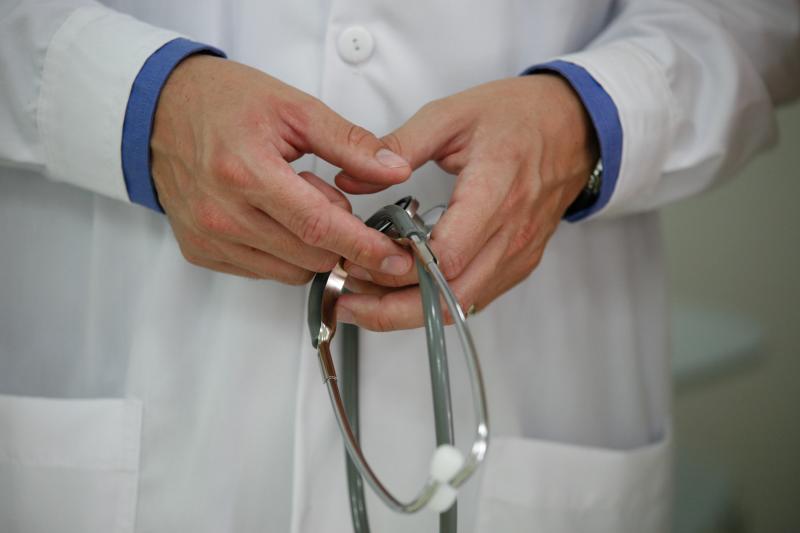
A rural charity has launched an appeal to save an important health screening service at a Nottinghamshire market after the loss of NHS funding.
Nottinghamshire Rural Support is asking the county’s rural community to back its bid to keep the clinic at Newark Livestock Market running.
The group is asking for an £8,000 per year appeal to keep the health screening clinic for farmers open.
The regular nurse-led drop-in clinic has been a feature of the market for the past seven years and has helped hundreds of people with health issues, including early detection of some potentially life-threatening conditions.
The service is used mainly but not exclusively by farmers and agricultural workers and about half are from Nottinghamshire, with a third from Lincolnshire and most of the rest from Leicestershire, Northamptonshire or Yorkshire.
The clinic was originally set up by Lincolnshire Rural Stress Network (LRSN), with NRS taking joint responsibility after its foundation in 2013. Until now, it has been mostly funded by the NHS.
'Great disappointment'
NRS chairman Peter Geldart said the loss of NHS funding was a great disappointment.
“We understand that these are difficult times for the NHS and that all spending has to be looked at carefully,” he said.
“However, we believe there was a very good argument for continued funding because the clinics offer excellent value for money. A consultation with a nurse at the market costs an average of £31 per visit compared to, for instance, £66 for a GP and £42 for a district nurse.
“In addition, the clinics reach people who might otherwise be reluctant or unable to take time off work to see their GPs, especially if the issue involves depression or mental health.
“We know that early detection and treatment is often cheaper in the long run for the NHS and we think the clinics have acted as a kind of ‘early warning system’ for health problems within the rural community.”
Mental health
Around 260 people visited the clinic over the past year. More than 160 were over 65 and a further 63 over 51, a reflection of an ageing farming population.
Many visited the nurse for checks on blood pressure, blood sugar and cholesterol but around 40 of the visits concerned mental health – a heading covering everything from mild anxiety and worry to depression.
Other visits involved wound care, general health concerns or seeking advice, screening or information about cancer.
Mr Geldart said that both NRS and LRSN were committed to maintaining the service despite the loss of NHS funding.
“We believe in the value of these clinics and so we have resolved to do everything we can to raise enough money to keep them going,” he said.
“NRS, in particular, is a small charity and we already fund a small network of volunteers who offer counselling, advice and practical help to farmers and rural people who are suffering from stress.
“Now, NRS alone is looking to have to raise another £8,000 per year to meet our share of the clinic’s costs. It is a big commitment but one we feel we have to make.”
The charity is appealing for direct help from donors and potential sponsors in the rural and business communities.
